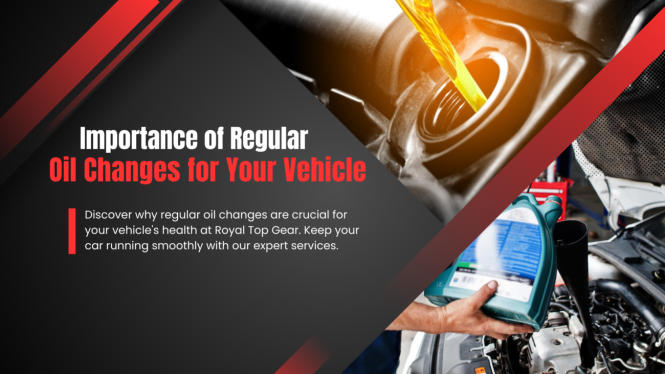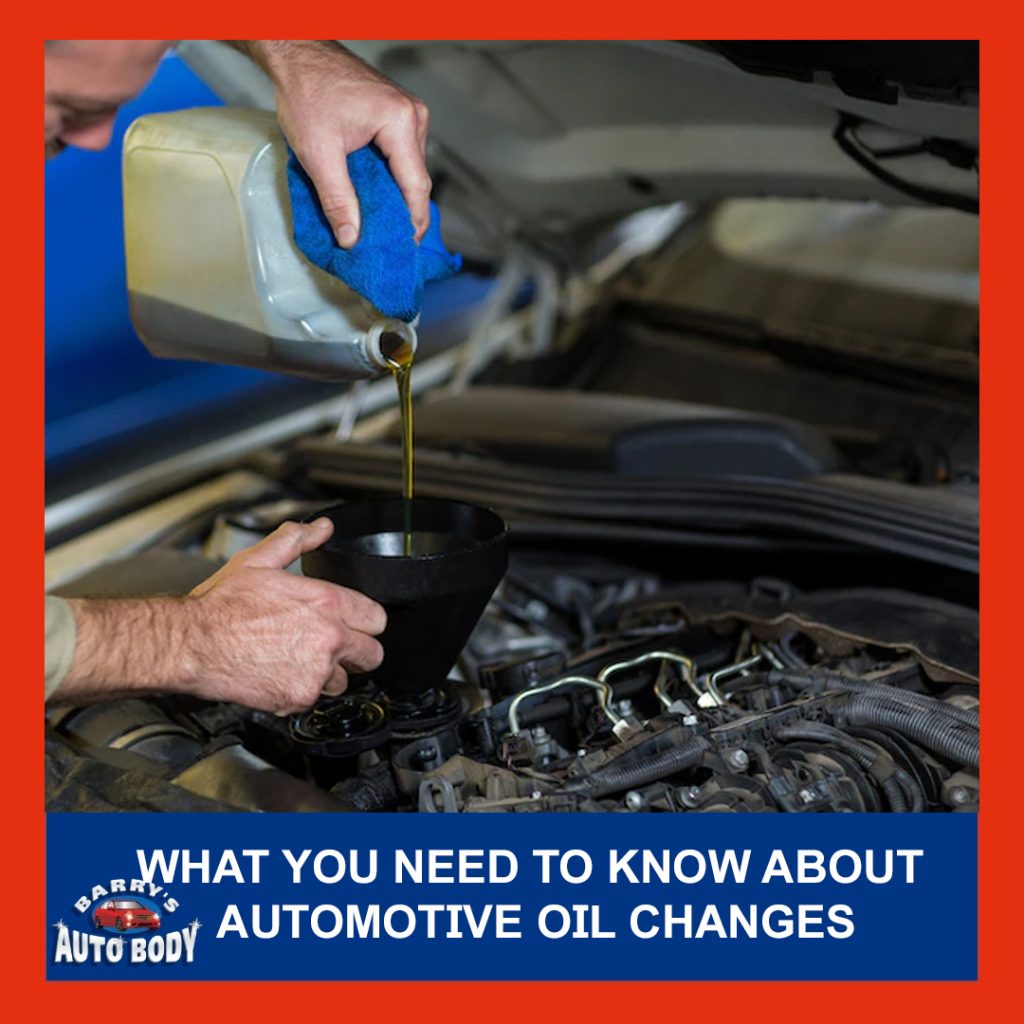

Ensuring timely oil changes is essential for the smooth operation of business automobiles. A well-maintained vehicle translates to fewer breakdowns, less downtime, and ultimately, higher profitability. Oil changes, often overlooked, are a cornerstone of preventative maintenance, directly impacting the longevity and reliability of your fleet. This article delves into the crucial importance of timely oil changes, exploring best practices, potential problems, and the substantial long-term benefits for your business. We’ll examine strategies for implementing a robust oil change schedule, identifying the types of oil to use, and the overall impact on reducing maintenance costs. The structure of this article includes essential considerations for ensuring your fleet is adequately maintained, impacting everything from engine health to operational efficiency.
The Importance of Timely Oil Changes for Business Vehicles
Understanding the Fundamentals of Oil Change Schedules
Regular oil changes are critical for the health and longevity of your business vehicles. A well-oiled engine is a smoother-running engine. Oil acts as a vital lubricant, reducing friction between moving parts and preventing excessive wear and tear. Without timely oil changes, contaminants build up, leading to decreased engine performance and increased risks of catastrophic failure. Proper oil change intervals depend significantly on the vehicle type, operating conditions, and manufacturer recommendations. Ignoring these recommendations can lead to costly repairs and potentially dangerous situations on the road.
Identifying Potential Problems with Neglecting Oil Changes
Consequences of Delayed Oil Changes
Neglecting timely oil changes can lead to a multitude of problems for your business vehicles. Accumulated debris and contaminants can clog oil filters, reducing the oil’s ability to lubricate and cool the engine. This can lead to premature engine wear, reduced fuel efficiency, and increased emissions. Over time, this can result in significant repair costs, extensive downtime, and a negative impact on productivity. Beyond the mechanical aspects, neglecting oil changes can also lead to safety concerns. A damaged engine can fail unexpectedly, posing safety risks to drivers and other road users.
Developing a Robust Oil Change Management System
Optimizing Your Oil Change Schedule
A proactive approach to oil changes is essential for maintaining a healthy and efficient fleet. Establishing a clear and consistent schedule is paramount. Use a detailed tracking system to log oil change dates, mileage, and specific maintenance tasks. Consider using specialized software or spreadsheets to streamline the process. This data will help predict when maintenance is needed and prevent costly breakdowns. Another key component of a robust system is the proper selection of quality oil. Consult your vehicle’s manufacturer recommendations or a trusted mechanic. Ensure you’re using the correct viscosity and specifications for each vehicle type.
Choosing the Right Oil for Your Business Automobiles
Evaluating Oil Specifications and Viscosity
Choosing the right oil is crucial for optimal engine performance. Consider the specific operating conditions of your vehicles. Factors like extreme temperatures, heavy loads, and prolonged idling can impact the oil’s effectiveness. Consult with your vehicle’s manufacturer for recommended oil types and specifications. Different types of oil are designed for varying operating conditions. Look for API (American Petroleum Institute) certifications to ensure quality and performance standards. Analyze the viscosity grades for your specific vehicle model to ensure proper lubrication. Ultimately, your choice of oil affects the longevity and efficiency of your fleet.
Implementing a Preventative Maintenance Program
Creating a Comprehensive Schedule for Your Fleet
Developing a comprehensive preventative maintenance schedule is essential. Schedule regular inspections to catch potential problems before they escalate into major repairs. Establish a proactive maintenance culture within your organization to ensure timely maintenance tasks are carried out. Include regular oil changes as a cornerstone of this preventative plan. This systematic approach helps minimize unforeseen issues, ensuring that repairs are addressed promptly, which translates to better profitability for the business.
Additional Tips and Considerations
Tools and Resources for Efficient Maintenance
Case Studies and Success Stories
Examples of Best Practices and Management Tools
In conclusion, ensuring timely oil changes in business vehicles is crucial for maintaining optimal performance, extending lifespan, and minimizing downtime. By following a preventative maintenance schedule, utilizing quality oil, and adhering to manufacturer recommendations, businesses can significantly reduce repair costs and improve overall operational efficiency. Consider implementing a robust oil change management system to streamline processes and ensure compliance with safety regulations. This will translate to smoother operations and higher profitability for your business.